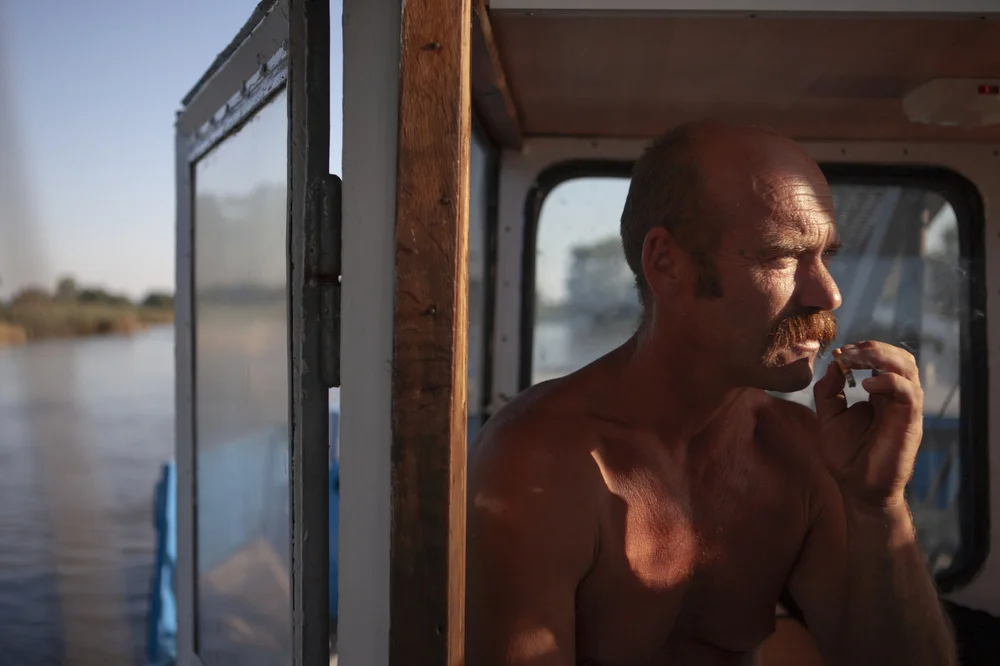
Pierre Moreno, 83, was born in 1940 in a French internment camp to parents who had fled the Franco regime. The details of his early years are murky: separated from his mother, he spent a few years in a French orphanage where comic books left behind by a passing G.I. sparked a lifelong passion for drawing, painting, and sculpture. Pierre’s mother—at that point virtually a stranger—retrieved him from the orphanage when he was around eight years old, and they moved to the South Bronx, a Puerto Rican neighborhood where the two of them could speak their native Spanish. By the time he was a teenager, he had dropped out of school and become a drug courier.
Pierre got out of the drug business and invested the money in a house outside New York City, where he and his Cuban wife raised their two children. After a divorce and a second marriage, he bought a loft in Soho in 1980, and raised his third child there. His second wife died in 2019, and he has remained in that loft with his dogs, Zsa Zsa and Moo Moo, in a neighborhood that is no longer affordable to artists such as himself. He has a close relationship with his five grandchildren.
For forty years, Pierre worked as a union electrician. "Very blue collar, but in those forty years I always made art after work." He also taught painting and welding, and then, after retiring from the union at age 62, he became part of an active artist community on 18 acres in upstate New York. "It was like going to heaven. You’re finally around the kind of people who are like you." For Pierre, an artist, there is no retirement.
Why did you retire or why are you still working?
Why did you retire?
Why are you still working?
I don’t like that word 'retirement.' I don’t think you should retire. You should always be engaged. When I think of retirement, I think of people who are talking about being freed from a job where they felt like a prisoner. And so they’re looking forward to retiring. And they say, ‘Oh, yeah, I'm gonna go to Florida and go fishing and do the whole retirement thing.’ And from what I’ve seen, that lasts about a year and then what? I tell people, ‘You’re going to be left with 24 hours a day of nothing. And you have to fill that time. You have all these hours. Are you just going to watch TV?’ I think of those hours as a commodity because you only have so many. What are you going to do with them? I don’t have that problem.
Me, all of a sudden, I was free to do what I’d always wanted to do. I knew what I was going to do. So this is where I am. Here in my studio. Just keep on going until you drop.















































































.svg)






